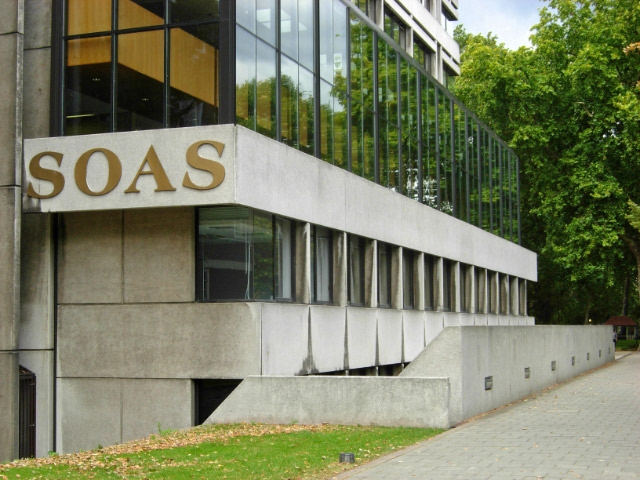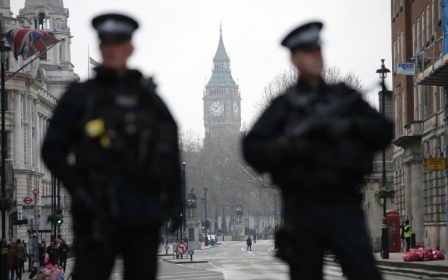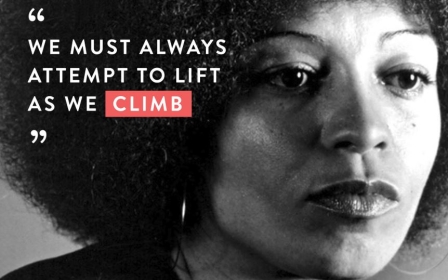Prevent reinforces stereotypes and leads Muslim students to self-censor: Report

A new study has revealed that the UK government's Prevent counterterrorism strategy has reinforced negative stereotypes about Islam and Muslims and caused students to self-censor their views on campus.
According to a study published on Monday by SOAS University of London along with the universities of Lancaster, Durham and Coventry, students who supported Prevent were almost three times more likely to see Islam as intolerant towards non-Muslims than those who believed Prevent was damaging university life.
The study also found that students who saw radicalisation as a problem on campus were four times more likely to believe that Muslims had not made a valuable contribution to British life.
Forty-three percent of the 2,000 students surveyed thought that Islam was a religion that discriminated against women.
"It appears that Prevent has become strongly associated with the presumed dangers of radical Islam and with a perception that Muslims are dogmatic, intolerant and prone to violence," Mathew Guest, one of the report's authors, wrote in an op-ed for Open Democracy.
New MEE newsletter: Jerusalem Dispatch
Sign up to get the latest insights and analysis on Israel-Palestine, alongside Turkey Unpacked and other MEE newsletters
The research found that students and staff at universities self-censored themselves during discussions on Islam to avoid becoming the object of suspicion. Only a quarter of respondents said they felt entirely free to express their views on Islam within a university context.
"Our research suggests that universities could do much more to tackle the roots of Islamophobia and ensure that they are not complicit in maintaining racism," Guest said. "As centres of critical thinking, universities have the capacity and the moral obligation to take a lead in addressing our latest 'acceptable' prejudice."
An accompanying animated video revealed comments shared by students interviewed as part of the study.
"All the things that society tends to put on Muslims manifest itself on campus. I originally thought it was down to a lack of diversity, but I came to this university and people say the same things, just more eloquently," one Muslim woman said. "People think I've been forced to wear [hijab] or I don't have an understanding or I need to be liberated by someone else."
Another Muslim respondent spoke of fears of studying their religion.
"I wanted to take out some books on Islam just to explore my religion but I decided against it in case I get in trouble. I got my friend who is white to take them out for me instead. It just felt safer that way," the student said.
In 2018, students at the University of Reading were warned to take care while reading a leftwing essay about the ethics of revolution to avoid falling foul of Prevent. Students were told not to access the paper on a personal device and to read it in a secure setting.
In response to the report, a government spokesperson said: "The government is committed to strengthening academic freedom and free speech in universities so that they are places where debate thrives.
"Universities are required by law to uphold freedom of speech, allowing academics, students and visiting speakers to challenge ideas and discuss controversial subjects. The Prevent duty explicitly requires this."
Middle East Eye delivers independent and unrivalled coverage and analysis of the Middle East, North Africa and beyond. To learn more about republishing this content and the associated fees, please fill out this form. More about MEE can be found here.




